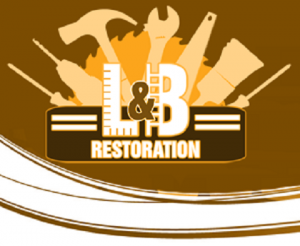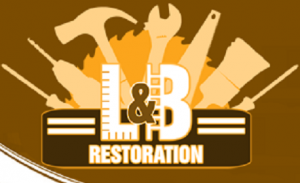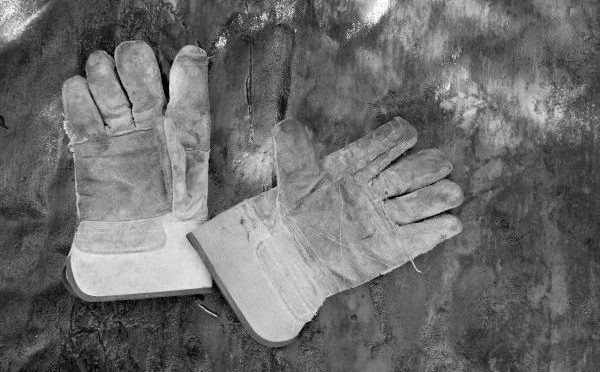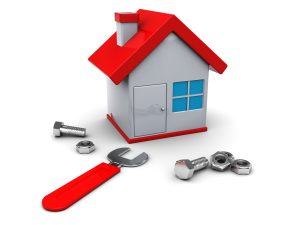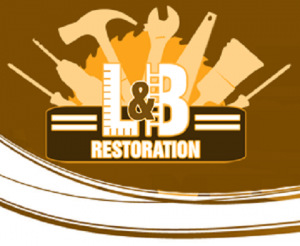When it comes to home renovations and handyman projects involving wood, nails and screws are staple supplies to have on hand. But how do you know which one to use and when? Although the debate is ongoing, there are some facts and considerations that can help you decide which fastener is best for your particular home improvement application.
Continue reading to learn a few pointers for choosing between a nail and a screw, as well as, what to do if you are stuck making progress on your home repair or project.
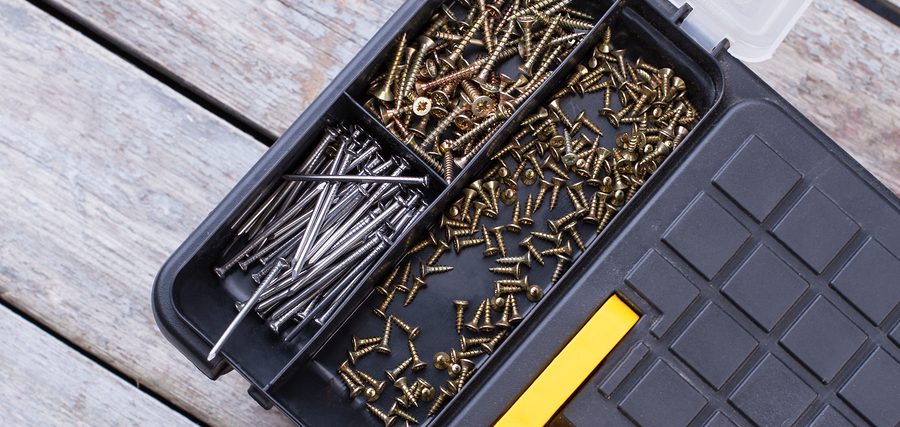
Nails or Screws?
The truth is, both nails and screws are excellent fasteners for wood so they can usually be incorporated interchangeably. So long as you size your unit correctly and install it properly, you should have success with either one. Ultimately, the unit you choose to use on your particular application depends on personal preference and availability of tools and supplies.
First, consider how strong and lasting you need the connection to be. Screws are stronger by nature of installation, and therefore, are good choices for heavy or large items, such as drywall. Nails are slimmer, but come in very long size variations, making them good choices for aesthetic applications, thinner materials, and lightweight items like picture frames.
Next, think about the tools you have on hand. You want to match the type of screw or nail with the proper tool. If you only have a hammer, you may want to stick with nails, but if you have a power drill or screw driver, you can choose screws. Likewise, if you only have a Philips Head screw driver, you would need to use Philips screws. Phillips screws deliver a tighter fit compared to flat head screws, making them more popular among factories and handymen.
Third, take into consideration the size and shape of your wooden building materials. Screws tend to have more tensile strength, while nails have shear strength. Nails, although can bend under pressure, are quite strong and rarely snap. Screws are more brittle, but they connect wooden boards together, tighter and stronger. Screws also work better with wood’s natural structural propensity to expand and contract.
Common Nail Applications:
▻ Roof and Wall Framing
▻ Plywood Sheathing
▻ Hardwood Floors
▻ Siding/Roofing
▻ Interior Moldings
▻ Solid-Wood Edgings for Plywood Shelves
▻ Stiles and Rails for Cabinets
▻ And anywhere else you don’t want to damage wood with a screw.
Common Screw Applications:
▻ Drywall Hanging
▻ Wood Deck Fastening
▻ Cabinet Installation
▻ Wooden Toys
▻ Bookcases
▻ And any other wooden connection that you wish to take apart.
Stuck on a Home Renovation Project?
Call Restoration By L & B, LLC at 317-454-3612 for affordable residential remodeling services in Central Indiana and its surrounding areas. Our Indianapolis general contractors provide a wide range of services for both commercial and residential properties, from general handyman services and home remodels, to full-on renovations, additions, conversions, and more. Request an estimate, today!



